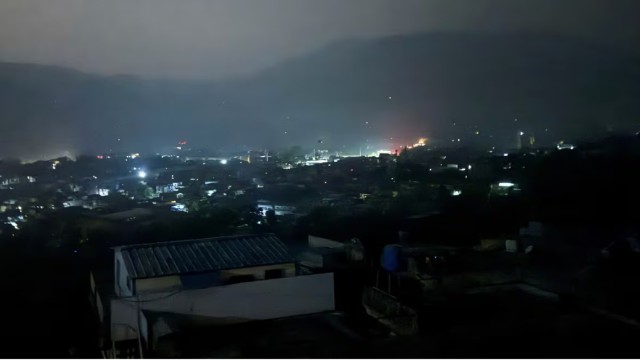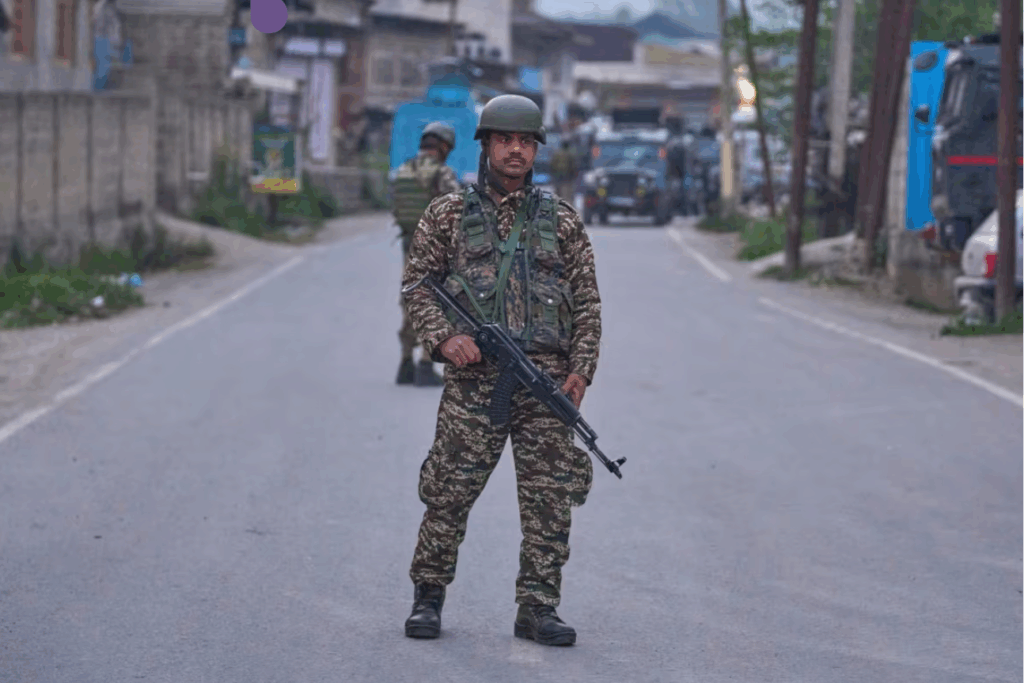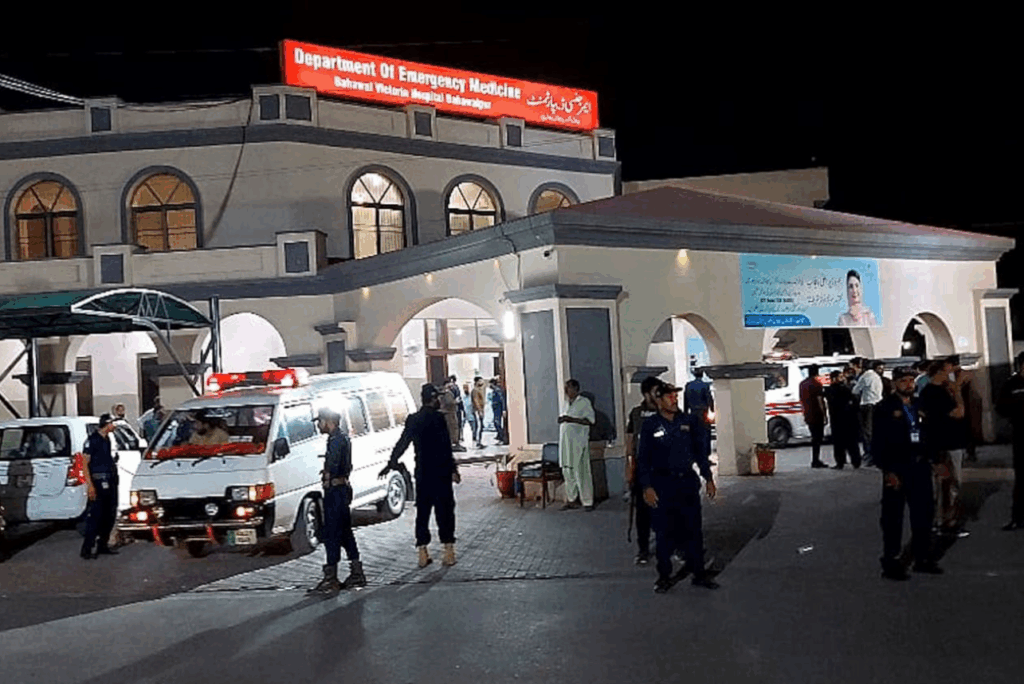
A view of the city of Muzaffarabad, in Pakistan-administered Kashmir, in the early hours of Wednesday. (Reuters)
Tensions between India and Pakistan have surged after deadly missile strikes early Wednesday. At least eight people, including a child, died in attacks across Pakistan-controlled Kashmir and eastern Punjab, according to Pakistani officials. India confirmed the strikes but said they targeted militant infrastructure, not civilians.
Meanwhile, retaliatory shelling from Pakistani troops killed three civilians in Indian-controlled Kashmir, the Indian army reported.
Clash After Deadly Kashmir Attack
The strikes come weeks after a deadly assault on tourists in Indian-controlled Kashmir. India has accused Pakistan of supporting the militants behind the attack. Islamabad has denied the charges.
India’s strikes appear to be a direct response. Officials claim they hit at least nine sites linked to militant groups. These included bases for Jaish-e-Mohammed in Bahawalpur and Lashkar-e-Taiba in Muridke.
Pakistan Condemns 'Cowardly Attacks'
Pakistan's Prime Minister Shehbaz Sharif denounced the Indian action. He called the missile attacks “cowardly” and vowed a strong response. Sharif said the strikes hit five different locations.
“Pakistan has every right to defend itself,” he said. “We are responding with full strength.”
He called a National Security Committee meeting to review the situation.
Pakistan Reports Casualties and Air Skirmishes
Lt. Gen. Ahmed Sharif, a Pakistani military spokesperson, said six locations were targeted. Eight people were killed and 38 injured.
State-run Pakistan Television claimed its air force shot down five Indian fighter jets. India has not responded to that claim.
Pakistan's Foreign Ministry said India carried out the strikes while remaining in its own airspace. The ministry warned that the attacks endangered civilian flights and intensified tensions dangerously.
“This reckless escalation has brought both countries closer to a large-scale conflict,” the ministry said.
India Responds with Precision, Says It Showed Restraint
India’s Defence Ministry said the strikes were “focused, measured and non-escalatory.” Officials stressed that military targets were avoided, and no Pakistani bases were hit.
“Our response was necessary and proportionate,” the statement read. “Those behind the recent attack will be held accountable.”
The strikes used precision weapons to avoid broader escalation, Indian authorities added.

Civilians Flee, Hospitals on Alert
Residents in Muzaffarabad, a city in Pakistan-administered Kashmir, described scenes of chaos. Explosions shattered homes. Power was cut. People fled their houses, fearing more missiles.
“We thought we were next,” said local resident Mohammad Ashraf.
Hospitals across the region have declared emergencies. Schools and religious seminaries were shut down as a precaution.

Airports Closed, Flights Cancelled
In response to the strikes, several airlines—including IndiGo, Air India, and Qatar Airways—canceled flights. Airports in both countries closed temporarily, affecting travel across the region.
The airport in Srinagar, Indian-administered Kashmir, was shut to civilian flights.
UN Urges Calm Amid Escalating Threats
The United Nations expressed deep concern. Secretary-General António Guterres called for restraint from both sides. A statement warned that the world cannot afford a military confrontation between India and Pakistan.
Experts Warn of Possible Escalation
South Asia expert Michael Kugelman described the strikes as some of India’s most intense in years. He said Pakistan’s response would “surely pack a punch.”
“These are two powerful armies with nuclear capabilities,” he said. “Even with nukes as deterrents, they aren’t afraid to use conventional military force.”
With both countries on high alert, the risk of further conflict remains high. The world watches closely as tensions threaten to spiral out of control.















